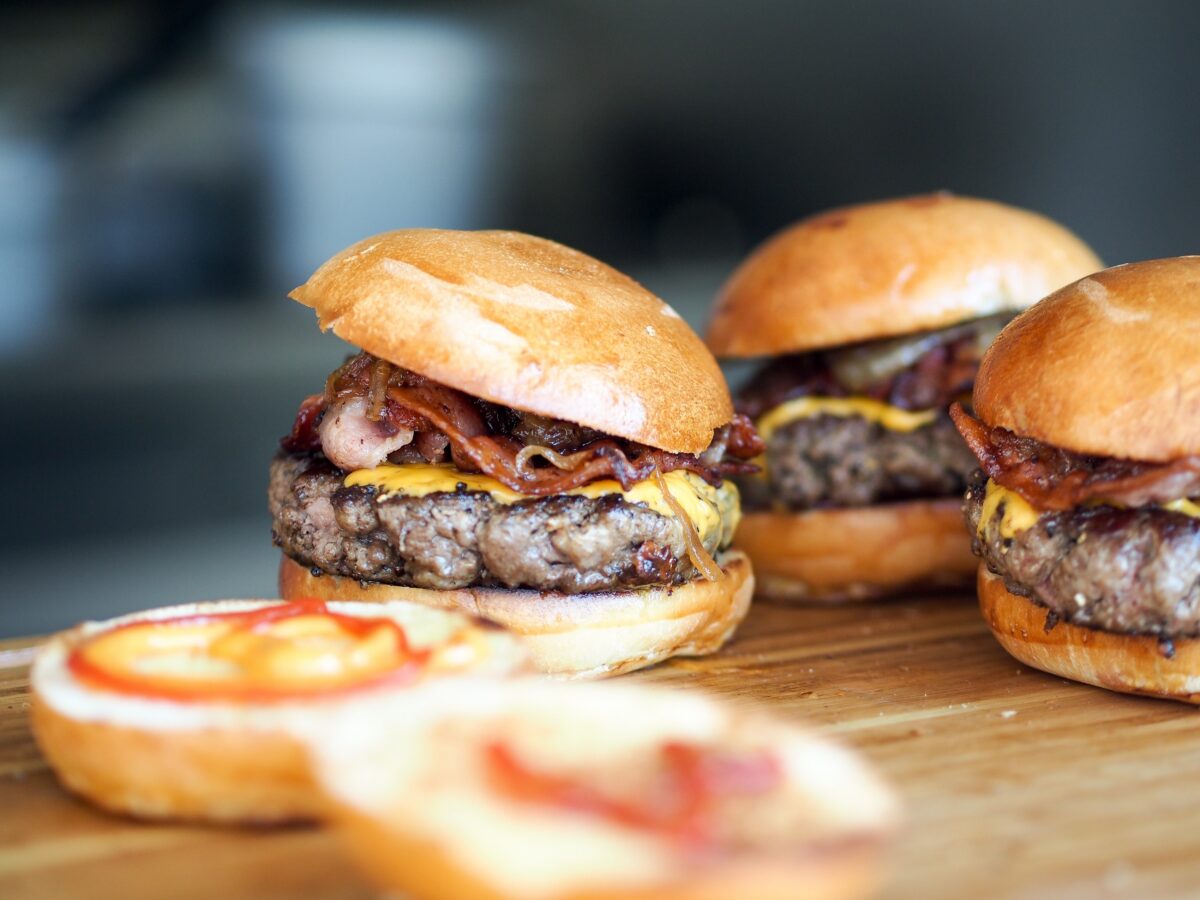
May 31, 2018
The Truth About Cholesterol
SHARE
There’s so much confusion surrounding dietary cholesterol. Some people believe it’s harmful and should be avoided at all costs, while others believe it’s totally fine.
Cholesterol is essential for good health. The liver actually produces cholesterol, which aids in the production of essential hormones, bile and vitamin D.
So, why does cholesterol get such a bad rap if it’s necessary for good health?
It’s Complicated!
The cholesterol in your food is not the same as the cholesterol in your blood, which clogs your arteries. This simple fact alone is the reason for most of the confusion regarding dietary cholesterol.
Additionally, there are actually two types of blood cholesterol: LDL & HDL. LDL is the bad cholesterol which causes plaque buildup on artery walls, which can result in a stroke or heart attack. HDL is the good cholesterol which actually has the ability to remove bad cholesterol from artery walls and then transports it to the liver where it is broken down.
About one in three people are susceptible to the effects of dietary cholesterol on blood cholesterol. For these people, an increase in dietary cholesterol causes an increase in blood cholesterol. However, for the rest of us, trans fats and carbohydrates have a much bigger effect on the levels of cholesterol in the blood.
Trial and error is still the only way to determine whether you are one of those whose blood cholesterol levels are affected by dietary cholesterol. For this reason, it’s a good idea to limit cholesterol in your diet, especially if you suffer from diabetes or heart disease.
Should You Eliminate Cholesterol From Your Diet?
Dietary cholesterol comes purely from animal products like eggs, dairy, beef, chicken, pork and shellfish. Since most of these foods don’t carry nutrition facts labels, it’s easy to forget that they are actually the main sources of cholesterol in our diets. The USDA recommends a cholesterol limit of 300 milligrams per day.
However, this doesn’t mean that you are automatically off the hook if you don’t eat animal products. Many foods that are labelled “cholesterol free” or “low in cholesterol” actually contain high levels of trans fats, which are just as bad or even worse for your health. Trans fats increase LDL cholesterol and reduce HDL cholesterol, leaving your heart and arteries more susceptible to plaque.
Low Cholesterol, Low Saturated Fat Foods
The best foods for heart health are low in cholesterol and saturated fat. These are mainly plant foods such as dried beans, peas, lentils, whole grains, nuts, and most fruits and vegetables. If you choose to eat meat, go for baked, broiled, boiled, poached or roasted poultry, fish or lean meat. Also, you may safely eat about an egg a day without any negative effects as long as you do not suffer from diabetes or heart disease.
